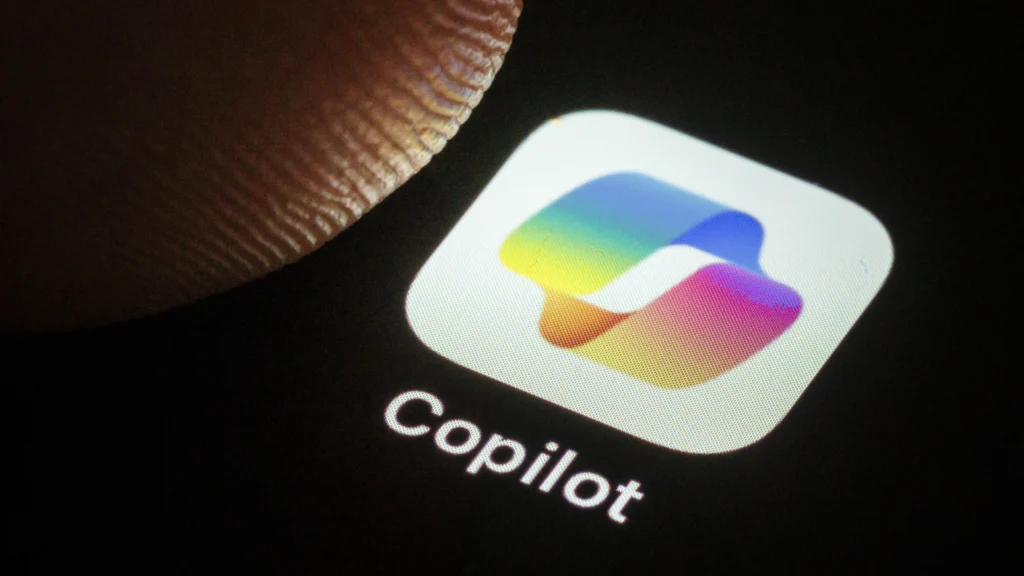Microsoft has rolled out a major update to its Copilot AI assistant, introducing the ability to connect with Google accounts — including Gmail and Google Calendar — for a unified productivity experience across platforms. The move represents a bold step toward bridging the gap between rival ecosystems, offering users more flexibility in how they manage daily tasks and communications.
Cross-Platform AI Assistance
The new feature, announced via Microsoft’s official blog, allows Copilot to access and organize information from Google services with user consent. Once linked, users can ask Copilot to summarize unread emails, schedule meetings, manage events, and coordinate tasks using data from both Microsoft 365 and Google Workspace.
“We want Copilot to be a truly universal productivity assistant — one that helps users, no matter what tools or email providers they rely on,” Microsoft said in its announcement.
Privacy, Transparency, and User Control
Microsoft emphasized that the integration was built with a strong focus on transparency and user consent. Access to Gmail and Calendar data is optional, and users can revoke permissions at any time through account settings. The connection operates via OAuth 2.0 authorization standards, ensuring Copilot only accesses data explicitly approved by the user.
The company also clarified that no information is permanently stored on Microsoft servers unless required for ongoing tasks, addressing growing concerns about data security and privacy in cross-platform AI tools.
Mixed Reactions and Industry Implications
The update has drawn both excitement and caution from users and analysts. While many praised the convenience of unified scheduling and inbox management, others voiced unease over potential data exposure between competing tech ecosystems. Experts recommend users review data-sharing permissions carefully to ensure their personal and corporate information remains secure.
Analysts see this integration as part of a broader industry shift, with AI assistants like Google Gemini and OpenAI’s ChatGPT also exploring ways to connect across apps and services. As digital ecosystems become more interconnected, privacy safeguards and interoperability will remain key differentiators in the AI assistant market.
Availability and Rollout
The new Copilot–Google integration is rolling out gradually worldwide for users of Microsoft Copilot in Edge, Windows, and the standalone web app. This enhancement signals Microsoft’s ongoing ambition to position Copilot as the central productivity hub — even in a world where users navigate between multiple competing platforms.
With this latest update, Microsoft reaffirms its commitment to making AI assistance more inclusive, adaptable, and cross-functional — a move that could redefine how users work across ecosystems.

